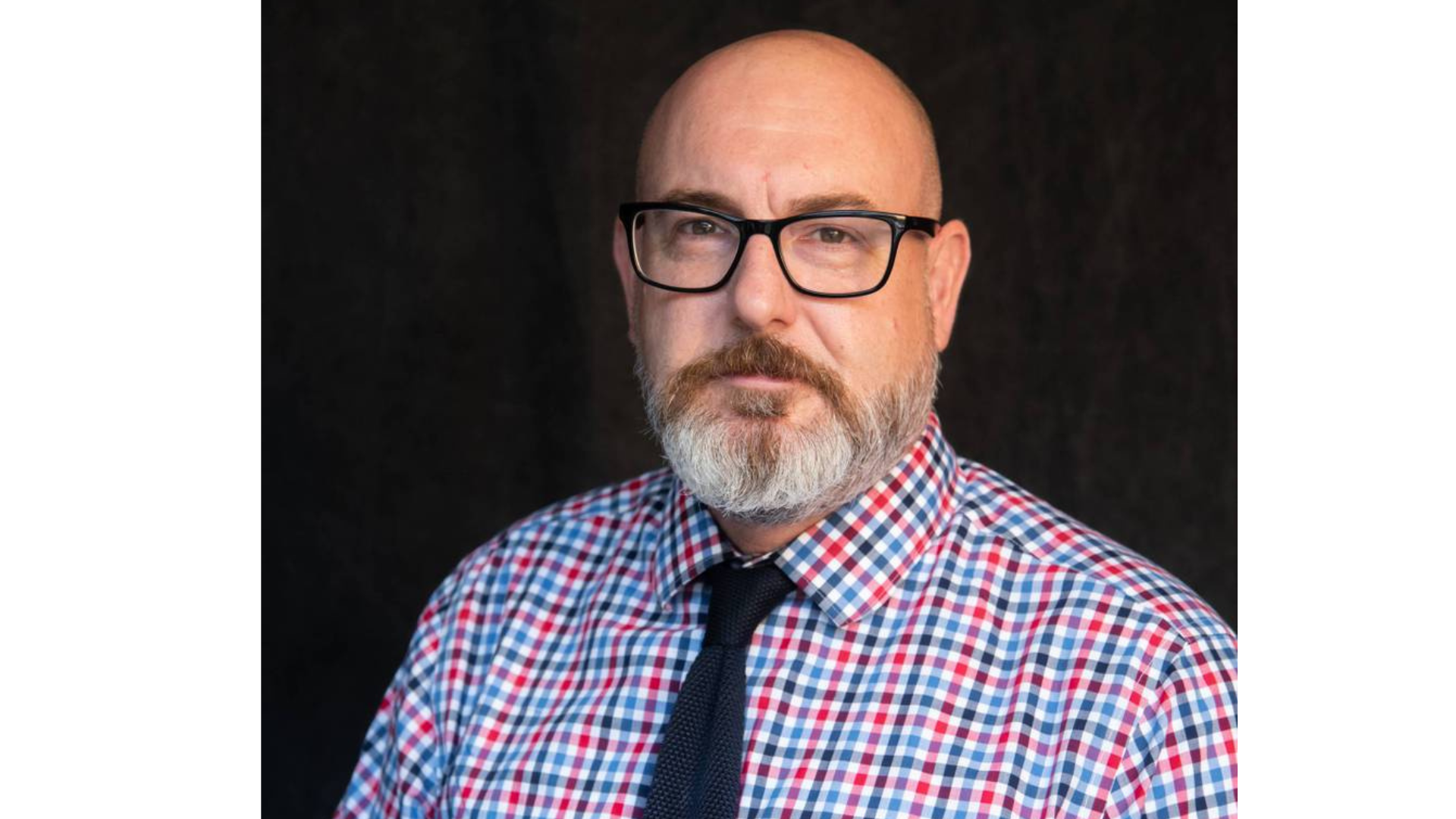Search
Browse All USCA.edu
USCA’s Jason Munsell explores the impact of rhetoric on higher education discussion

Jason B. Munsell, chair of the University of South Carolina Aiken Department of Communication and Emerging Media, has published an article in the 2024 edition of Carolinas Communication Annual. The publication is a peer-reviewed regional journal featuring articles by local authors on topics relevant to the Carolinas and perspectives within the larger communication studies discipline.
Munsell’s article, “Rhetorical Style, the Yale Report of 1828, and American Higher Education,” is the lead article in the journal’s 40th volume. In his essay, he uses the Yale Report of 1828 as a case study to analyze the language of educational policy rhetoric and respond to academic and populist calls for change in American higher education.
The Yale Report of 1828 was written by Yale College faculty to defend traditional collegiate curricula and establish the parameters of liberal education in the United States for much of the 19th century. While the report’s conservative approach to higher education influenced universities across the country, it was criticized by much of the populace and those leading a movement toward more open, elective courses of study.
Munsell’s interest in this topic stems from his extensive study of rhetoric used to describe higher education and the parallels between the 19th-century discussion and what is happening today.
He says, “I’m primarily a rhetorician, so I’m interested in how people talk about things. Rhetoric shapes and frames how we see the world. Much like the discussion about policy discourse in the 19th century and the changes to higher education during that time, people continue to see higher ed in different ways depending on the words we use to shape and frame it.”
The discussion remains relevant today as populist considerations of a college education often center around terms such as “vocational skills,” “workforce development,” and “career-ready” and overlook the importance of general liberal education courses.
However, like the Yale faculty of 1828, Munsell sees the purpose of higher education as much more.
He says, “Terms like ‘career-ready’ and ‘workforce-ready’ frame higher education as preparing for a career when, in addition to that, students actually learn other things that create a meaningful life. I hear students ask, ‘Why do I have to take this?’ They might not believe a particular course is relevant to them, but it is actually teaching them life skills.”
Munsell explains that he used the Yale Report to demonstrate how its use of words was unsuccessful in 1828 and to consider how we can learn from that when discussing the value of higher education today.
“Sometimes we are doing the same thing,” he says. “We need to talk in a language that everyone can understand and appreciate in order to bridge the gap between how academics see the function of higher education and how parents, politicians and students see it. Education is an investment in a meaningful life that includes a career, but also different experiences and points of view that make life richer.”
In addition to serving as chair of the Communication and Emerging Media Department, Munsell teaches courses on public speaking, introduction to communication and emerging media research, and a Capstone course required of all students in the program. During the Spring 2025 semester, he will teach a course on political rhetoric. The department recently launched a 12-hour Strategic Communications certificate program available to students this fall. Munsell has been an active member of the Carolinas Communication Association, having served on its executive council and editorial board for nearly 20 years.
For more information, contact us at news@usca.edu.